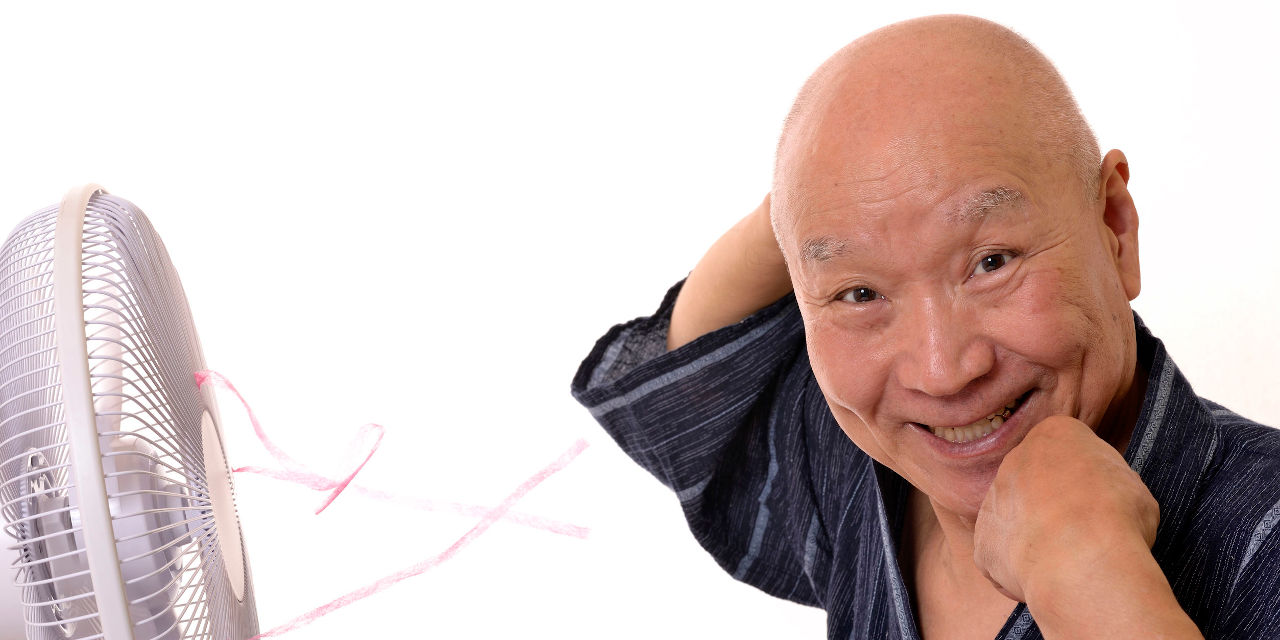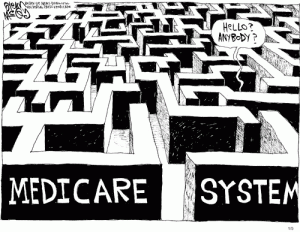By Elizabeth George
While in the research phase for this article, I learned something very valuable. Googling “hot seniors” is not going to provide you with education about the impact of heat on older adults.
Trust me on this.
But while investigating the effects of extreme heat on older adults, I did learn a few things that are useful.
The Dangers of Extreme Heat
Extreme heat is characterized as a period of high heat and humidity with temperatures above 90 degrees for at least two to three days. It accounts for the highest number of deaths each year among all weather-related hazards. That’s because your body has to work extra hard to maintain a normal temperature and that can sometimes lead to death.
Extreme heat is particularly dangerous for older adults for a few reasons:
- Common prescription medications can speed up the dehydrating effects of heat
- Some chronic medical conditions affect how the body responds to heat
- Older bodies may not adjust as well to temperature changes
- Older adults may be less apt to open windows or leave a hot home to get relief from the heat – or in the case of senior living communities, they may be reluctant to call someone for help when the heat’s affecting them.
Extreme heat left unchecked can result in a number of problems including dizziness, cramps, heat exhaustion, and heat stroke, which can be fatal.
Automation in a Time of Crisis
While extreme heat is nothing to take lightly, it would be understandable if staff are less focused currently on the potential effects of summer’s high temperatures given other pressing challenges associated with the COVID-19 crisis.
That’s one reason why temperature sensors like those offered by RCare (a Senior Living Foresight partner) can be so beneficial. RCare is a global provider of nurse call systems and personal emergency response systems.
Over the last several years, RCare has worked to expand the functionality of their systems to integrate environmental sensors, including sensors that monitor temperature. The effectiveness of these tools doesn’t rely on active monitoring by staff or require a call from a resident.
RCare’s temperature devices detect when indoor temperatures are rising and then send out alerts to care staff. It enables staff to intervene proactively and quickly before the situation becomes a crisis.
While staff is mainly focused on resident safety, it’s important to note that heat can also adversely affect technology and refrigeration. By sending notifications when the ambient temperature of a server closet or the internal temperature of commercial refrigerators and freezers has gone out of a safe range, a temperature sensor can protect organizations from costly damage and loss of goods.
Environmental sensors provide protection and ease of use for RCare’s clients. Temperature sensors provide care staff with the extra tools they need to keep residents safe without giving them one more thing to think about.
For information about RCare’s products, visit www.rcareinc.com.








